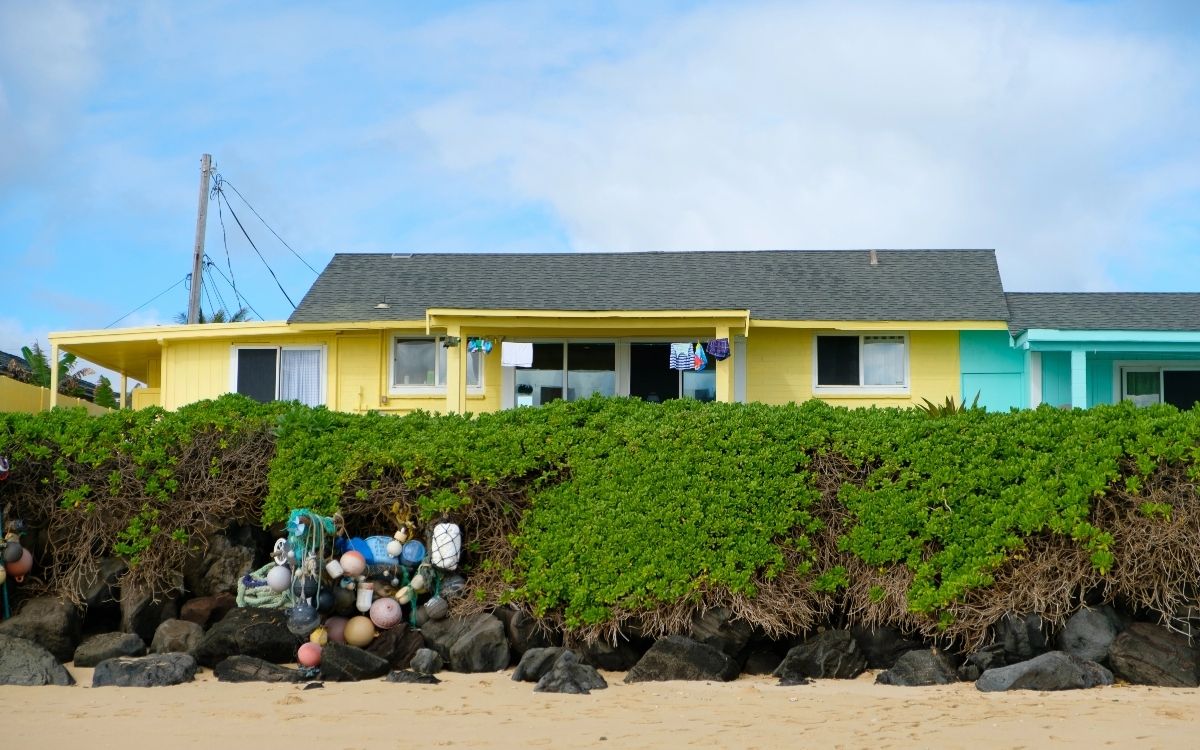Hawaii Vacation Rental Laws 2026 – How to Verify Before You Book

Your Hawaii vacation rental may be illegal when you arrive, even if it’s legal when you book. Each Hawaiian island enforces different vacation rental regulations with separate deadlines, and properties can lose legal status between your reservation and check-in date.
Related Podcast on Illegal Vacation Rentals in Hawaii
The Big Island requires all vacation rentals to register by December 20, 2025, under Bill 47, with enforcement beginning July 1, 2026. Maui County is phasing out approximately 7,000 short-term rentals through 2030.
Oahu and Kauai maintain stricter zoning rules that limit where vacation rentals can operate. Understanding these Hawaii vacation rental laws protects your trip from last-minute cancellations and financial loss.
Big Island Registration Deadline Creates Compliance Gap
The Big Island’s new registration system launches December 20, 2025, but the online portal is still under development. Registration fees are $250 for hosted rentals and $500 for un-hosted properties, with annual renewals required.
Violations after July 1, 2026 trigger fines between $1,000 and $10,000 per incident. Property owners cannot register until the county builds the system, yet penalties for non-compliance are already written into law.
Before booking a Big Island rental, confirm the property’s zoning designation and ask if the owner plans to register before the deadline. Request proof of current tax compliance including General Excise Tax (GET) and Transient Accommodations Tax (TAT) numbers. Properties in resort-zoned areas like Waikoloa Beach Resort will qualify once registration opens.
Maui Phases Out Thousands of Legal Rentals
Maui County’s Bill 9 eliminates approximately 7,000 short-term rentals in apartment-zoned districts. West Maui properties must stop short-term rental operations by December 31, 2028. South Maui and other areas face a December 31, 2030 deadline.
These properties, known as Minatoya List units, were historically allowed to operate as vacation rentals but must convert to long-term housing. Maui began strict enforcement on May 12, 2024, with escalating fines for properties operating outside hotel-zoned areas without proper permits.
Verify your Maui rental is in a hotel-zoned district, not apartment-zoned. Confirm your travel dates fall before the phase-out deadline and check for valid TAT and GET numbers displayed in the listing.
Oahu and Kauai Maintain Strict Zoning Rules
Oahu limits legal short-term rentals to resort-zoned areas or properties with grandfathered permits issued before 1989. Registration costs $500 annually. All operators must display tax numbers and maintain an on-island contact person if the owner lives off-island.
Kauai enforces the strictest regulations in Hawaii. Vacation rentals are restricted to designated Visitor Destination Areas including Princeville, Poipu, and the eastern Kapaa coastal corridor. Only about 450 properties outside these zones hold non-conforming use certificates. Kauai reduced illegal vacation rentals from 1,500 in 2017 to fewer than 50 by 2024 through aggressive enforcement.
How to Verify Your Rental Is Legal
Every legal vacation rental in Hawaii must display a GET number and TAT number issued by the Hawaii Department of Taxation. Verify these numbers at portal.ehawaii.gov using the tax license search function.
Request these documents before finalizing your booking:
- General Excise Tax (GET) number
- Transient Accommodations Tax (TAT) number
- County-level registration or permit numbers
- Proof of liability insurance
Licensed property management companies like Hawaii Life Vacations and Marina Hawaii Vacations provide stronger compliance guarantees than booking platforms. These firms maintain physical offices on the islands and employ compliance staff who track regulatory changes daily.
Red flags include no tax IDs displayed in the listing, IDs that return “No Results” in the state search portal, or hosts requesting payment through unverified channels like wire transfers or cash apps.
What This Means for Your Hawaii Trip
Book your Hawaii vacation rental through licensed local companies when possible. Always verify both TAT and GET tax ID numbers before paying. Request county-level permits or registration proof that matches your travel dates.
Save screenshots of your tax ID searches and copies of any permits provided. If your rental becomes unavailable due to legal issues, this documentation supports credit card disputes. Properties can lose legal status between booking and arrival, leaving you scrambling for last-minute accommodation at premium prices.
Hawaii’s vacation rental landscape operates under four separate county systems with no statewide coordination. Your compliance verification protects your trip investment and ensures your rental remains legal when you arrive.
RECOMMENDED POSTS
Big Island Name Change: What Hawaii Travelers Need to Know
[dssb_sharing_buttons icon_placement="icon" columns="2" _builder_version="4.24.3" _module_preset="default" box_shadow_style_icon="preset1"...
Hawaii Travel in 2026: What Visitors Need to Know Before Booking
Planning a trip to Hawaii in 2026 looks different than it did just a few years ago. Reservation systems, new visitor laws, safety concerns, and...
New Hawaii Visitor Laws That Every Tourists Must Know for 2026
[dssb_sharing_buttons icon_placement="icon" columns="2" _builder_version="4.24.3" _module_preset="default" box_shadow_style_icon="preset1"...
Bryan Murphy is the creator of Hawaii’s Best Travel and a Certified Hawaii Destination Expert through the Hawai‘i Visitors Bureau. He’s an active member of the Hawai‘i Visitors and Convention Bureau and continues ongoing education focused on Hawaiian culture, history, and sustainable travel. As the host of the “Hawaii’s Best Travel” podcast—one of the top travel podcasts in the U.S.—Bryan shares practical, respectful guidance to help visitors experience Hawai‘i in a more meaningful way. His work reaches nearly half a million people across podcast, blog, and social media.








